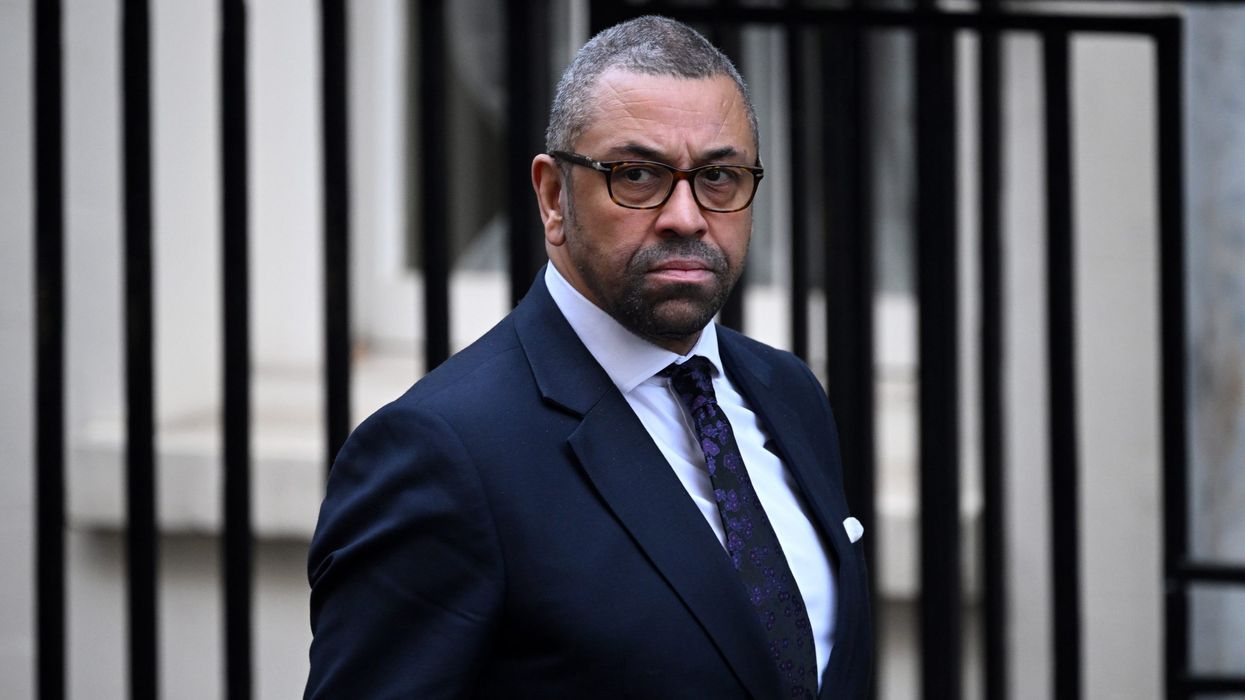Referring to the extradition of fugitive economic offenders Vijay Mallya and Nirav Modi, UK Foreign Secretary James Cleverly on Wednesday (01) said that the British Judicial system is independent of the government and it is them to decide.
Without mentioning the names of fugitive economic offenders, Cleverly, who is currently in India to attend the G20 Foreign Ministers' Meeting, told ANI, "The legal process in the UK, just as it is in India, is independent of the government. We always want to see the machinery of the justice system working promptly but those are the decisions of the British Judicial system."
Vijay Mallya, chairman of Kingfisher Airlines, was ordered to be extradited by the British judiciary in 2019 and is yet to be sent to India. Similarly, diamantaire Nirav Modi has been held in custody at south London's Wandsworth prison since he was arrested in 2019.
India and the UK had signed an extradition treaty in 1992. This was ratified the following year and has been in force since.
Fugitive diamantaire Nirav Modi's plea to move the UK Supreme Court against his extradition to India on charges of fraud and money laundering was denied in December last year.
Modi lost the bid to take his fight against extradition to India on charges of fraud and money laundering to the UK's Supreme Court.
Nirav Modi, who is a prime accused in the Rs 13,500 crore PNB scam, had fled India. He lost his appeal after he had moved the High Court in London against extradition on mental health grounds.
The bench of Justice Stuart Smith and Justice Robert Jay of the High Court said there are "no features of psychotic illness".
The court rejected Nirav Modi's counsel's claims that he will die by suicide due to severe depression and said "Nirav Modi neither is nor is very likely to be at the most severe end of the scale of depressive illness".
Speaking on the attacks on Indians in the UK by Khalistani groups, he said that everyone in the UK, irrespective of their origin, has the right to live in peace and security.
"We take the security of people very seriously, our police and security services always pay a close regard to such activities and if it is an illegal activity, we act upon it," Cleverly said, adding that he wanted to make it very clear to the Indians that the UK is a welcoming place for them.
UK Foreign Secretary said, "We want to see more connections with Indians and we want to strengthen the bilateral relations in the coming future."
He further said that India's G20 presidency is quite exciting, it has fantastic opportunities. This is a great opportunity to talk about sustainable economic agenda and green agenda.
Speaking on India-UK Free Trade Agreement (FTA), James Cleverly said, "The UK does a lot of business with India and is working extensively."
He added that he'll be meeting India's trade secretary to make sure this trade agreement really benefits both countries & unlocks billions of pounds of bilateral trade.
British Foreign Secretary said that the issue of searches on BBC offices in India was raised with External Affairs Minister S Jaishankar during a bilateral meeting today.
Cleverly brought up the issue of the BBC tax searches during his meeting with Jaishankar, sources told ANI.
He was firmly told that all entities operating in India must comply fully with relevant laws and regulations," according to sources.
In February this year Income Tax authorities had conducted searches at the offices of the British broadcaster in New Delhi and Mumbai.
Speaking to ANI, Cleverly said that BBC is an independent organisation and is separate from the UK Government.
"I didn't see the documentary but I've seen reactions in UK and India. BBC is an independent organisation and separate from government. I enjoy a strong personal relationship with Dr Jaishankar...relationship between UK-India growing stronger by the day," said Cleverly when asked about the BBC documentary on Prime Minister Narendra Modi.
Speaking on the UK PM Rishi Sunak's priorities in terms of India, he said that he has launched the young professional scheme, whereby 3,000 young Indians can come to the UK, and vice-versa, to develop answers to the challenges of the future together.
The living bridge, those connections are very well exemplified given the fact that the British PM is of Indian heritage.
(ANI)




